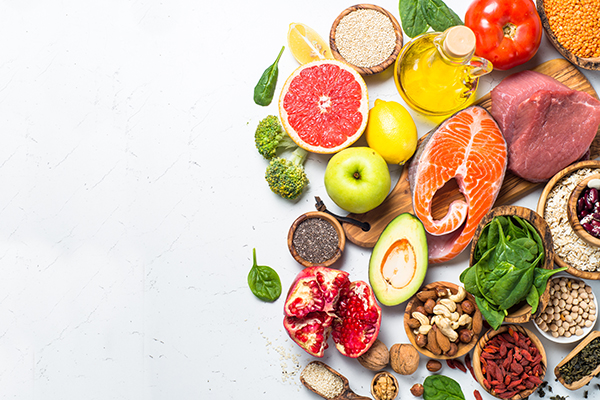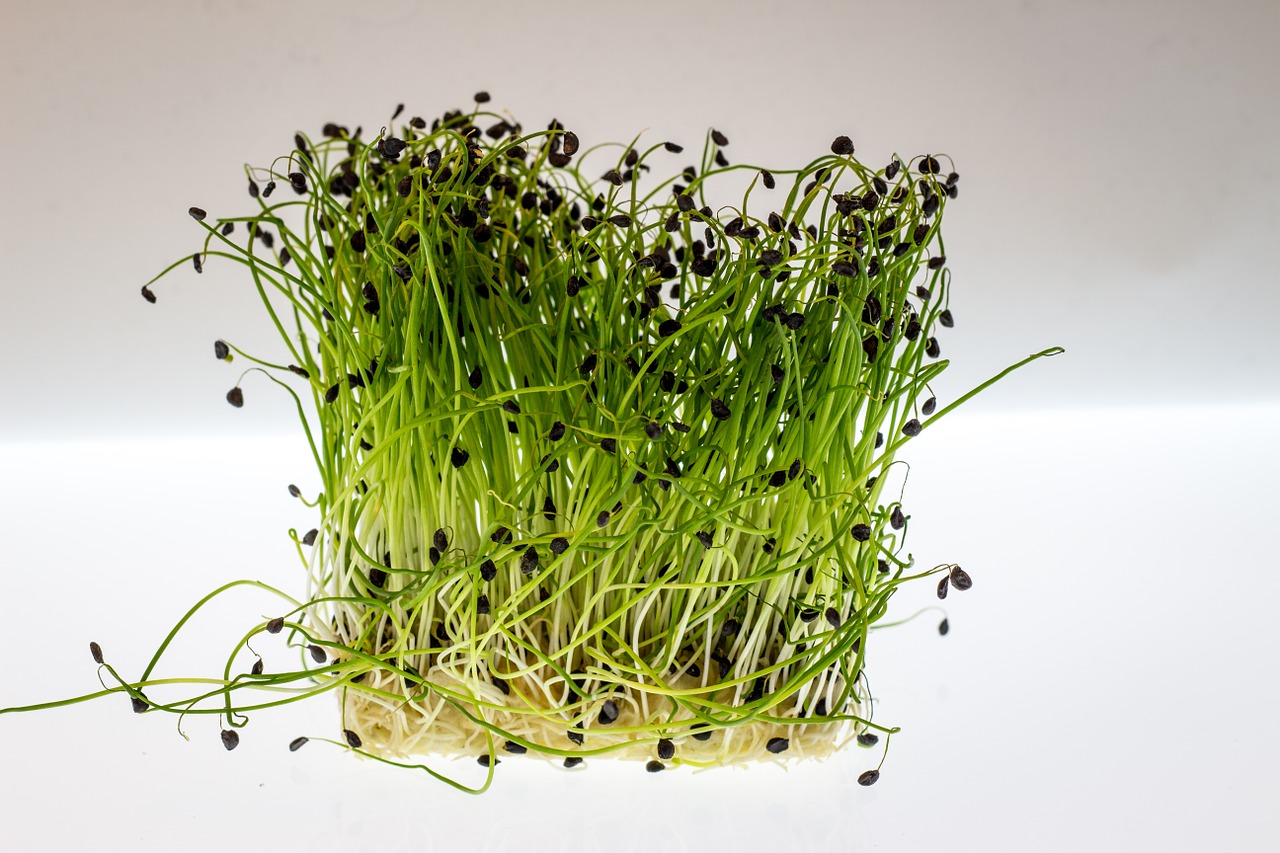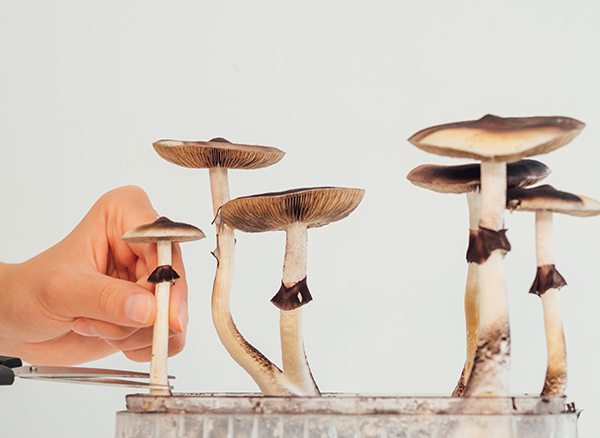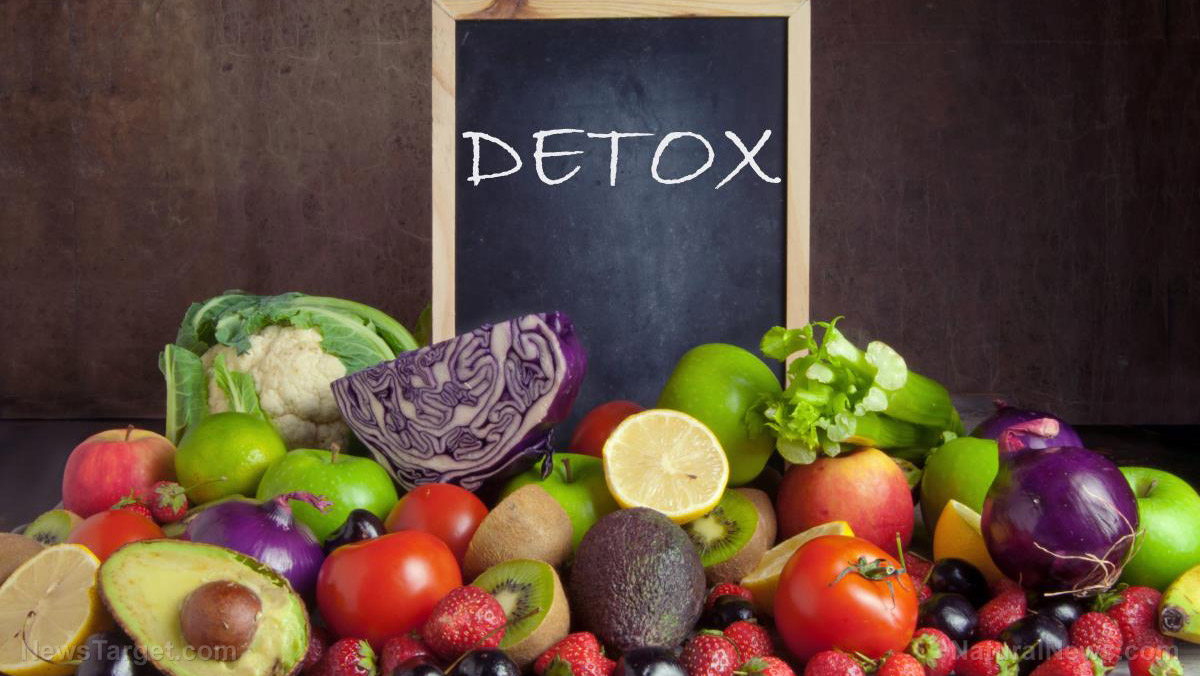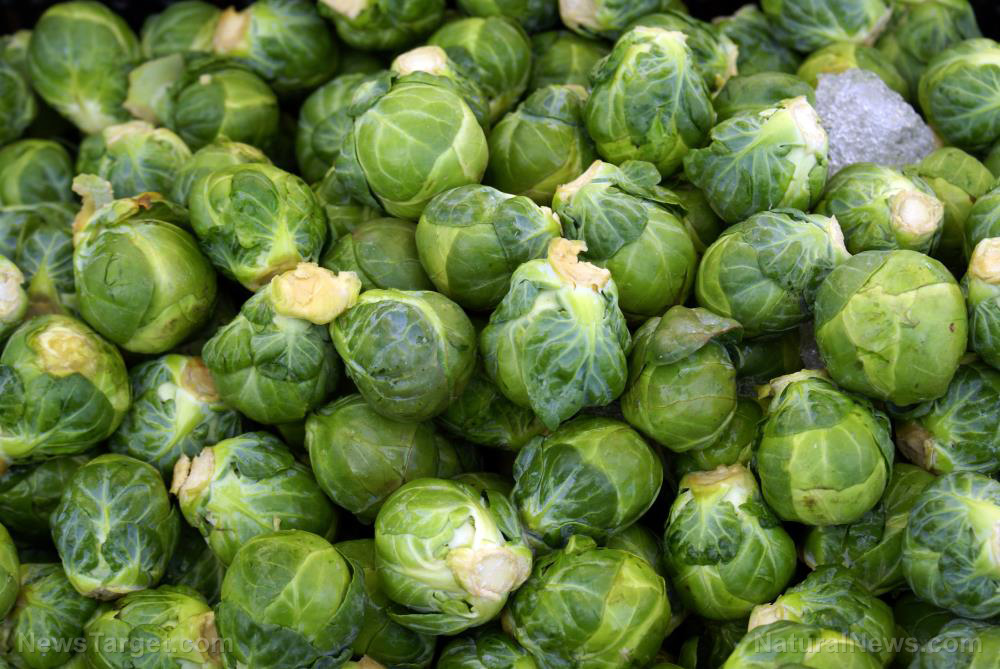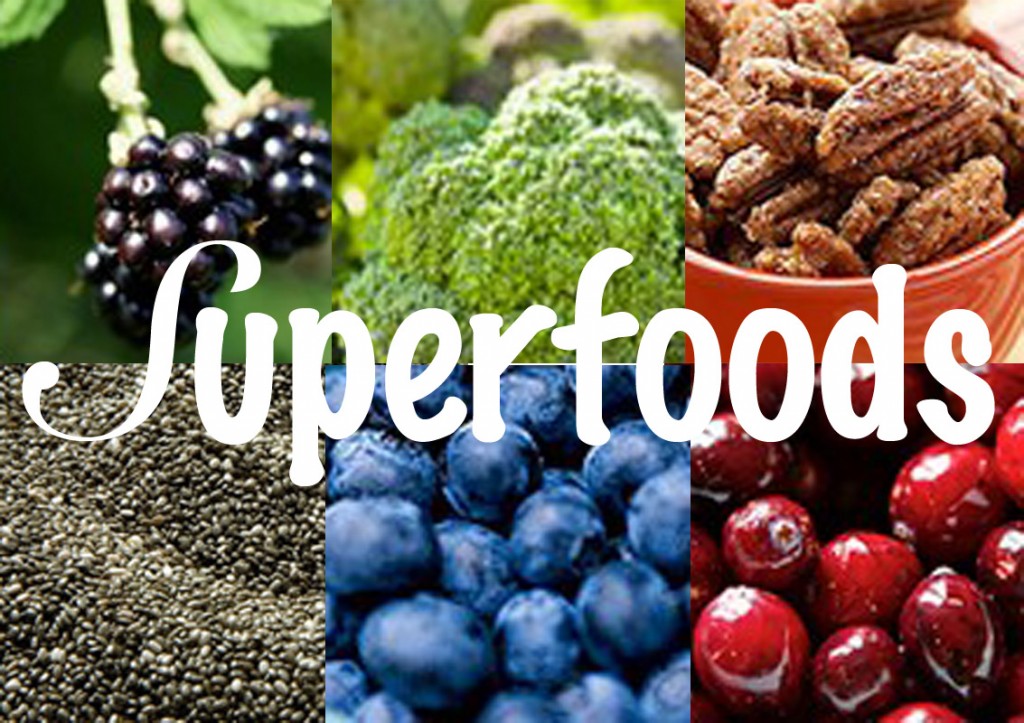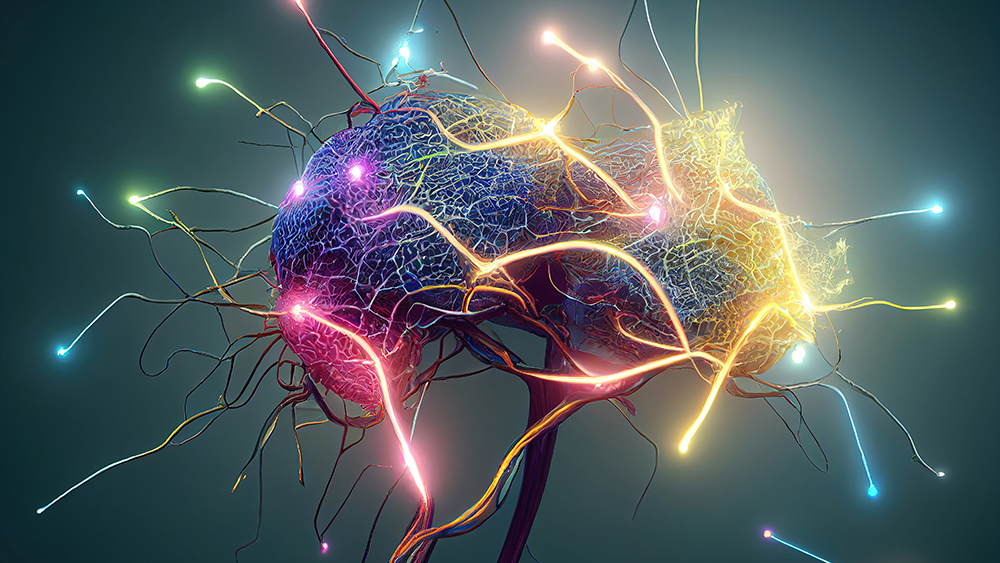Researchers discover gut bacteria that remove up to 75% of toxic PFAS “forever chemicals”
07/10/2025 / By Cassie B.

- Cambridge researchers discovered nine gut bacteria species that can absorb up to 75% of toxic PFAS “forever chemicals” from the body.
- These bacteria, including six Bacteroides strains, clump PFAS such as PFOA and PFNA into aggregates before expelling them as waste.
- PFAS, linked to cancer and immune disorders, contaminate nearly all Americans and persist indefinitely in the environment.
- In mice, the bacteria removed 25 to 74% of PFAS quickly, even at real-world exposure levels, targeting long-chain variants that linger for years.
- Experts caution that while probiotic treatments show promise, human trials are needed to confirm safety and effectiveness in diverse microbiomes.
Researchers at the University of Cambridge have identified nine species of gut bacteria capable of absorbing up to 75% of toxic PFAS “forever chemicals” from the body. These synthetic compounds, linked to cancer, liver damage, and immune disorders, persist indefinitely in the environment and accumulate in human tissues, but we may now have a solution to this pressing problem.
Published in Nature Microbiology, the study reveals how certain bacterial strains, including six from the Bacteroides family, rapidly bind to PFAS like perfluorononanoic acid (PFNA) and perfluorooctanoic acid (PFOA), clumping them into protective aggregates before expelling them through waste. Senior author Kiran Patil of Cambridge’s MRC Toxicology Unit told The Epoch Times, “This uncovers a new beneficial role of gut bacteria for human health—to help remove toxic PFAS from our body.”
The Silent Invasion of PFAS
PFAS are ubiquitous in modern life, lurking in nonstick cookware, waterproof clothing, food packaging, and even drinking water. Dubbed “forever chemicals” for their resistance to degradation, they’ve infiltrated 99% of Americans’ blood, according to federal studies. With no approved treatments to eliminate PFAS from the body, this bacterial detox mechanism could revolutionize public health.
In mice trials, the bacteria absorbed 25 to 74% of PFAS within minutes, even at concentrations matching real-world exposure levels. Critically, they targeted long-chain PFAS (like PFOA), which linger for years, unlike short-chain variants excreted via urine. The bacteria essentially serve as a natural type of gut filter, the researchers explained, noting their efficiency scaled with toxin levels.
From Mice to Medicine: The Probiotic Promise
The team aims to develop probiotic supplements to boost these detoxifying bacteria in humans. However, experts urge caution. Food scientist Bryan Quoc Le, unaffiliated with the study, acknowledged the “comprehensive approach” but highlighted unknowns: How do these bacteria survive in diverse microbiomes? Will uptake remain consistent? Long-term safety trials are essential.
Medical professionals also warn of unintended consequences. Dr. Joseph Mercola, a family physician, stressed that while the bacteria are natural gut residents, artificially increasing their populations could disrupt microbial balance. Emergency medicine specialist Dr. Kham Ali added that PFAS-storing bacteria might interfere with nutrient absorption or medication metabolism.
The findings underscore a bitter irony: while corporations and governments have allowed PFAS contamination to spiral, nature may hold the antidote. As molecular biologist Indra Roux noted, “The reality is that PFAS are already in the environment and in our bodies, and we need to try and mitigate their impact on our health now.” The bacteria’s ability to concentrate PFAS intracellularly—observed via cryogenic imaging—suggests evolution has already equipped us with partial defenses.
For millions poisoned by unchecked industrial pollution, this research offers some hope. As regulatory agencies dawdle and corporations evade accountability, the human microbiome might quietly wage its own cleanup campaign. The next phase, human trials, will determine whether these bacterial allies can turn the tide against one of modernity’s most insidious toxins. Until then, the study stands as a testament to nature’s resilience—and a damning indictment of the systems that made such interventions necessary.
Sources for this article include:
Submit a correction >>
Tagged Under:
This article may contain statements that reflect the opinion of the author
RECENT NEWS & ARTICLES
COPYRIGHT © 2017 SUPERFOODS NEWS

